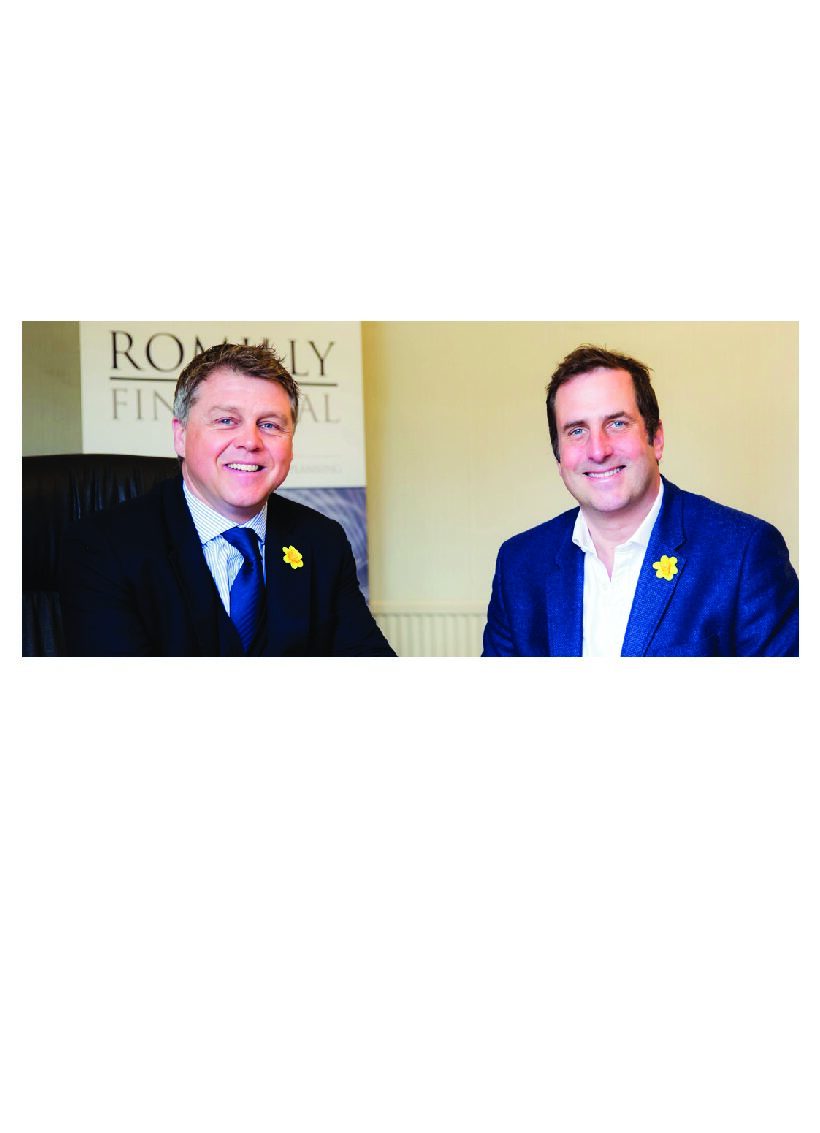The Need to Balance

Have you ever taken the time to consider when money comes from? The pandemic introduced a relatively new word to all our vocabularies, furlough. This scheme along with government grants and CBILS have all felt like free (or cheap) money. Sadly though, the inevitable financial consequences of the pandemic will be felt for years to come.
We are in the main, relieved that the jab is available and for most are back to work, however there is a huge financial puzzle for the current and successive governments to solve. Despite the pledges of government not to raise income tax, the need to steady the fiscal ship through other sources will have the same outcome, we will pay additional tax.
A friend recently told me of a mistake made by his accountant regarding the capital gains tax payable on the sale of a second property. The rules have changed and you cannot pay the tax on 31 January in the following year. instead, it is now due within 30 days of the gain being realised. My friend missed this deadline and paid a penalty, plus interest, as a consequence. A bitter lesson for us all. This early receipt for the treasury puts cash into the UK’s coffers and will help to stave off the trillions of pounds of debt that we currently owe. But that’s not enough.
Along with the capital gains tax change, the much published national insurance increase (1.25%) to pay for care finally begins to address the ageing population problem from the post-war baby boom. The need to support our family in later life falls on all of us and we will have to pay for it. However, this doesn’t address the huge debt issue in the UK.
There was also another less advertised topical tax hike in the form of a rise on dividend tax. The treasury have long wanted to close the gap on the level of National Insurance contributions between the self-employed and employed. The 1.25% dividend rise mirrors the NI increase and is to be used toward the care funding gap. This is a clear marker that the self-employed, small limited company owner will have to think carefully on whether a small salary plus dividends is the most efficient method of income withdrawl.
Enterprise, it would seem, is not as encourage as once was. Managing your tax, understanding changes in legislation and moving with the times is one of many benefits of engaging with a fully qualified, FCA registered Financial Planner. They don’t bite, they don’t baffle, and in the main, most good advisers will allow you plenty of free time to choose whether you are happy with a new relationship.





